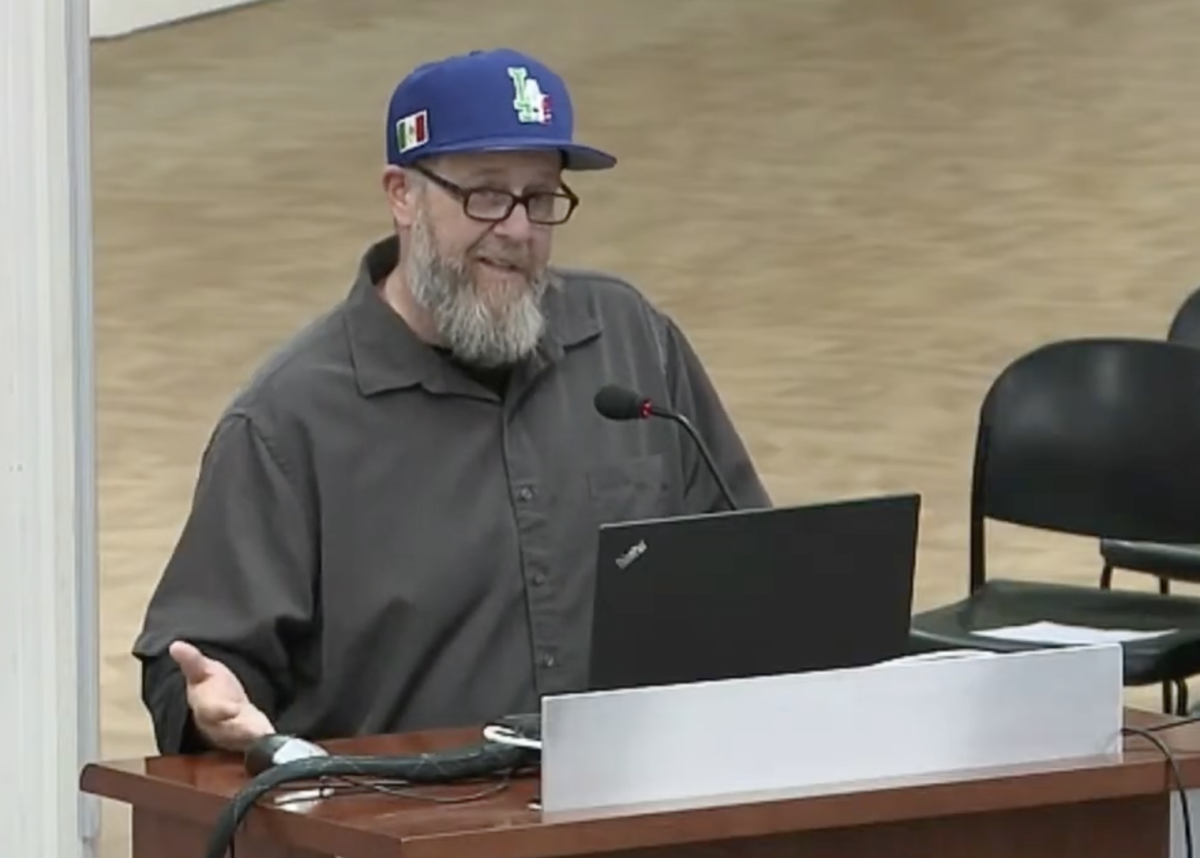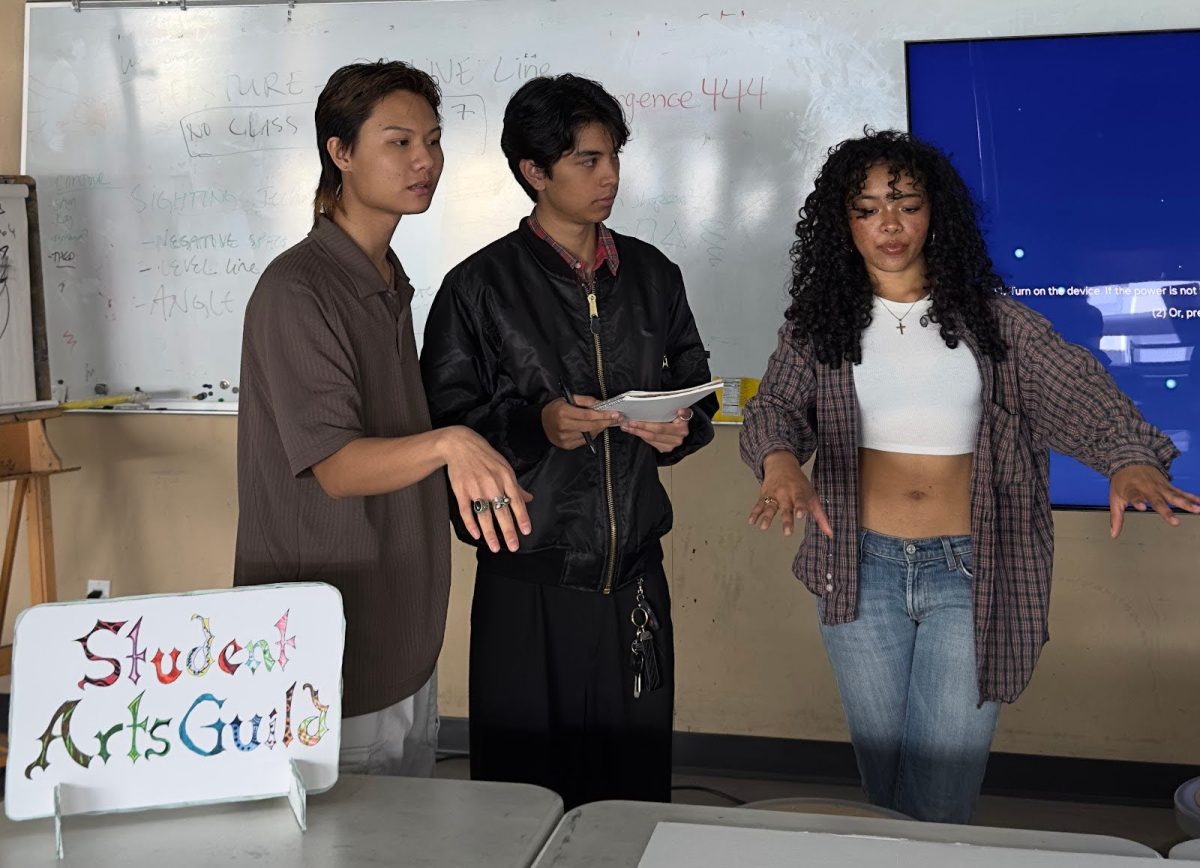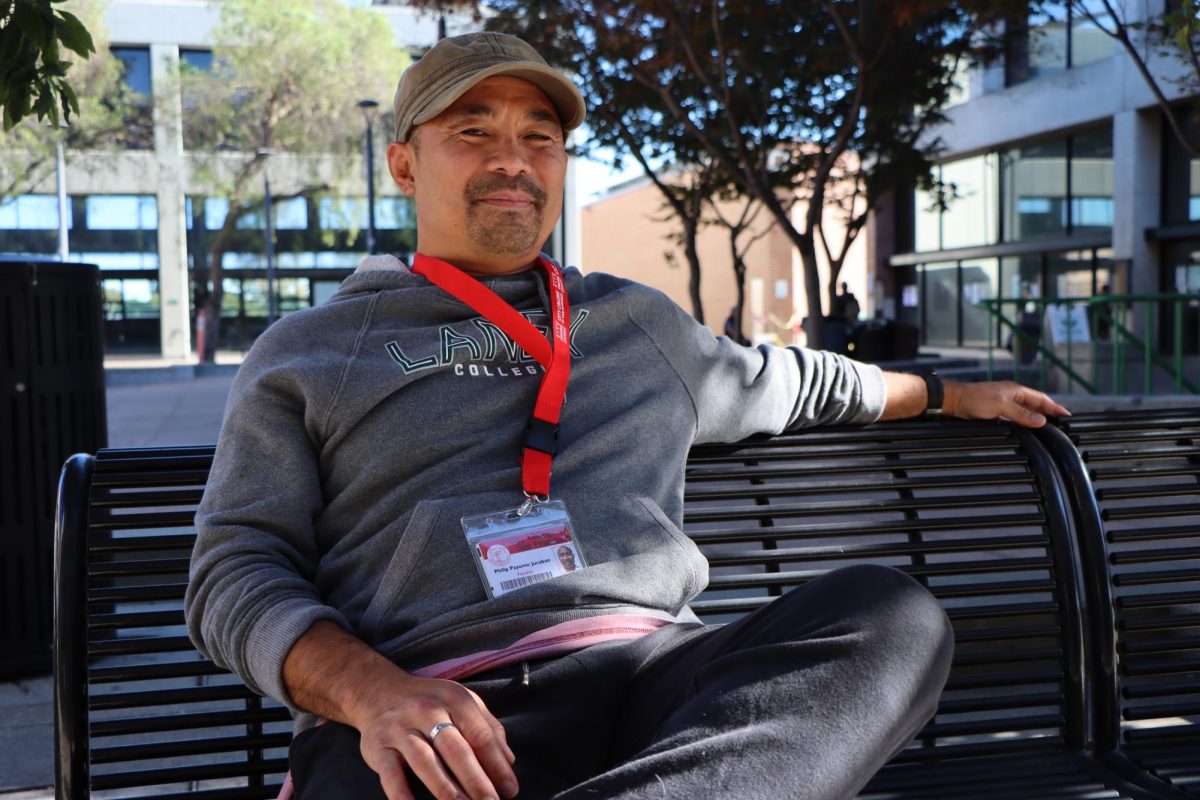Without warning, BCC English tutoring program erased
Berkeley City College shut down its free English tutoring service at the beginning of the Spring 2016 semester.
Students have no other choice but to get much needed help by looking for tutoring somewhere else or signing up for a Writing Workshop class that is offered at BCC.
But these, especially the latter, come at a high price.
The Writing Workshop class, also known as English 208A, is a one-unit class comprised of nine sections. It involves highly structured, individualized writing instruction, with a focus on thesis control and essay organization.
The class costs $46 per unit for California residents, but the students who need help with English the most will be paying over four times that amount: the current non-resident rate for international students and U.S. citizens or permanent residents who have lived in California for less than a year is $267 per unit.
These international students must enroll in at least 12 units to be considered a full-time student. Under an F-1 visa, being a full-time student is a requirement for international students to legally be in the U.S.
Saranbyamba Batdorj is one of these international students, hailing from Mongolia. “I know that I can enroll at the Writing Workshops to get help, but I’m an international student,” Batdorj said. “I pay almost $300 for only one unit.”
“I know that I can enroll at the Writing Workshops to get help, but I’m an international student,” Batdorj said. “I pay almost $300 for only one unit.”
Batdorj is in her last semester at BCC, when academic success is most crucial to ensure a timely graduation.
Until this semester, she could avoid having to choose between saving money and skipping out on much-needed tutoring by using the free services. Now, she’s forced to make a difficult decision.
“It is kind of hard for me to afford that amount of money for a class that will not give me transferable credits,” said Batdorj.
This highlights yet another issue for students considering adding the class.
Enrolling in the writing workshop brings every student one unit closer to hitting their 19-unit limit — despite the fact that the course credit will not transfer to other universities.
Enrolling in the writing workshop also requires a student attend class every week.
There, they have to participate in curriculum they may not need. They must sit through lessons that cover material they may already be familiar with, and complete a certain number of assignments with a tutor that they may not need any help with.
In other words, students like Audrey Focant, an international student from Belgium, would pay for much more than they need.
“If I have to pay $300 for 30 minutes per week,” Focant said, “it would be really expensive.”
Focant, like all students, has to write papers not only for her English classes but also other classes.
She said that free English tutoring is important even for non-international students, since English is “the common thing for everybody here.”
“For a Geography paper,” Focant said, “I also need help.”
As is the case for most international students, English is not Batdorj’s first language.
“As an ESL student, I always need help,” she said. “Every class I need to take, I always need some English help.”
Dr. Loretta Kane, then Faculty Advisor of the free English tutoring service at the BCC South Campus, said that the service was shut down after she was told “that there was no budget for it.” Jenny Lowood, chairperson of the English department, and Tram Vo-Kumamoto, vice president of instruction, handed down the order to Kane, who complied.
Jenny Lowood, chairperson of the English department, and Tram Vo-Kumamoto, vice president of instruction, handed down the order to Kane, who complied.
Lowood said that, like everybody else at BCC, the English department was faced with budget cuts.
Up against a difficult decision, she was torn between keeping the Writing Workshop or the free one-on-one tutoring.
The decisive factor was the comparative study conducted by the English department between the Writing Workshop and one-on-one tutoring.
“We realized that the Writing Workshop is a better model for most students, for a variety of reasons,” Lowood said. “We did what we thought was the best thing for the students.”
According to Lowood, the Writing Workshop gives students an entire semester to work on their writing skills in an extremely organized manner with highly skilled and trained tutors.
“It makes a big difference in terms of student’s improvement in their skills, whereas a few sessions with a tutor does not,” Lowood said. “The idea that you can have a few sessions with a tutor and significantly change your writing skills is a bit misinformed.”
Although she is aware of the significant cost of the Writing Workshop for some students, especially for international students, Lowood thinks that students may be better off without one-on-one tutoring.
“It points them in the direction of the Writing Workshop, where they can have a more significant and meaningful experience in terms of their writing skills,” she said.
The Laney Tower will continue its investigation into the program shutdown in its next issue, available on April 21.
























